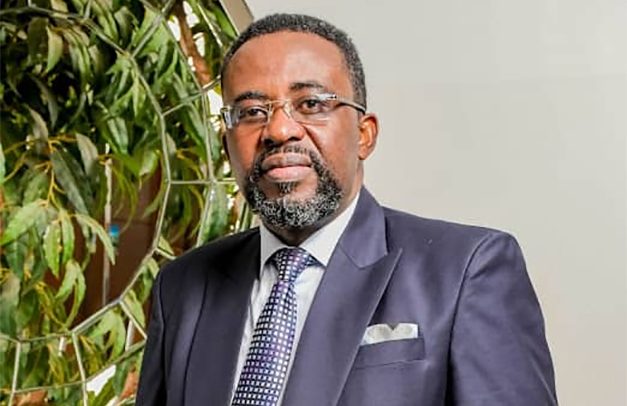The Governor of the Bank of Ghana (BoG), Dr. Johnson Asiama, has dismissed claims that the central bank is injecting large volumes of dollars into the market to support the Ghana cedi.
Speaking in an exclusive interview with JoyBusiness during the IMF/World Bank Spring Meetings in Washington D.C., Dr. Asiama clarified that recent stability in the currency is not due to direct intervention by the BoG.
“The stability that we are witnessing now has nothing to do with the fact that we are selling reserves,” he stated, emphasizing that the Bank is relying instead on broader economic reforms and growing foreign inflows.
Market Reforms and Inflows Drive Cedi Stability
According to Dr. Asiama, the BoG’s current strategy focuses on strengthening inflows and reforming the foreign exchange market. These steps, he noted, are helping the cedi hold steady without the need to deplete foreign reserves.
“All that we are doing now is strengthening the surge in inflows and implementing foreign exchange market reforms. It’s the combination of these factors that is enhancing the cedi’s recent stability,” he explained.
Indeed, since December 2024, the cedi has experienced one of its most stable periods in recent memory. It has not only maintained its value but also recorded modest gains against the dollar on certain trading days.
As of April 2025, the cedi had appreciated by 2.76% against the US dollar, according to data from the central bank.
Commercial banks were quoting the dollar between GH¢15.58 and GH¢14.38, a sign of growing market confidence in the local currency. Bloomberg also highlighted this trend, attributing it to a renewed sense of economic optimism in Ghana.
No Return to Fixed Exchange Rates
Addressing concerns about a possible return to a fixed exchange regime, Dr. Asiama made it clear that the Bank of Ghana remains committed to a market-driven approach.
“Whatever measures we are implementing will not lead to a fixed exchange rate for the Ghana cedi. We believe in allowing market forces to determine the rates, and that is what is going to happen,” he stated firmly.
Explaining what’s fueling the cedi’s resurgence, Dr. Asiama cited several factors: a rise in remittance inflows, stronger export performance, especially from cocoa and gold, and the positive impact of coordinated fiscal and monetary policies.
A weaker US dollar globally has also created favorable conditions for emerging market currencies like the cedi.
“The fiscal side has been supportive of monetary measures, helping to maintain the current development,” he added.
As speculation continues about how long the cedi can maintain this momentum, the Bank of Ghana appears focused on letting reforms, not reserves anchor stability.









